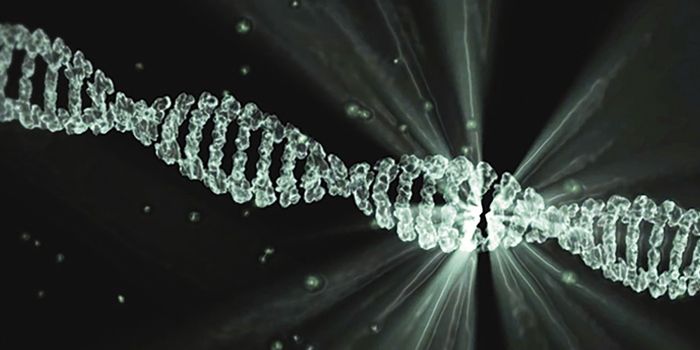Report: 41% of Infant Deaths Are Due to Genetic Disease
A new study has highlighted the impact of genetic disease on infants, and showed that whole genome sequencing (WGS) or advanced diagnostic testing could save lives. The research, reported in JAMA Network Open, analyzed 112 cases of infant death and determined that 41 percent of the deaths were due to a genetic disease. For 30 percent of these diseases, treatments are (and were) available, but the diagnosis did not come in time. This research has emphasized the positive impact that genetic sequencing could have - if it is applied.
The cost of whole genome sequencing has dropped dramatically in the past few decades, and sequencing the coding portions of the human genome now takes a matter of hours, where it used to take months or even years.
"At least 500 genetic diseases have effective treatments that can improve outcomes, and it seems that undiagnosed genetic diseases are a frequent cause of preventable deaths," said Stephen Kingsmore, MD, President & CEO of RCIGM.
In this research, the 112 fatal cases were analyzed along with 434 cases in which infants survived an acute illness. Some study participants underwent whole genome sequencing during their lifetime while others were sequenced after their death.
There were 47 genetic disorders in 46 infants, or 42 percent of the fatal cases, and 83 percent of those disorders have previously been linked to childhood mortality. For 62 percent of cases, no genetic disorder was mentioned on their death certificate. There were seven infants for whom a genetic disease was only diagnosed after their death and in five of those cases, an available intervention might have prevented their death, if genetic sequencing had been used and the treatments applied.
"Prior etiologic studies of infant mortality are generally retrospective, based on electronic health record and death certificate review, and without genome information, leading to underdiagnosis of genetic diseases. In fact, prior studies show at least 30 percent of death certificates have inaccuracies," noted study co-leader Christina Chambers, PhD, MPH. "By implementing broad use of genome sequencing in newborns we might substantially reduce infant mortality."
In June 2022, the Rady Children's Institute for Genomic Medicine (RCIGM) began to investigate the feasibility of a screening tool for infants called BeginNGS (pronounced "beginnings") that could use rapid WGS to diagnose about 500 genetic diseases with known treatments. Right now, most WGS is applied to kids who are extremely sick.
This tool would help clinicians diagnose genetic diseases, some of which are very rare, and speed therapeutics to young patients. If it's created and equitably applied, this tool could be great for saving lives.
BeginNGS also uses Genome-to-Treatment (GTRx) to help understand the available options for treating the genetic conditions that are diagnosed, which may include special diets, surgery, medical devices, medications, or other therapeutics.
Sources: Rady Children's Institute for Genomic Medicine (RCIGM), JAMA Network Open









